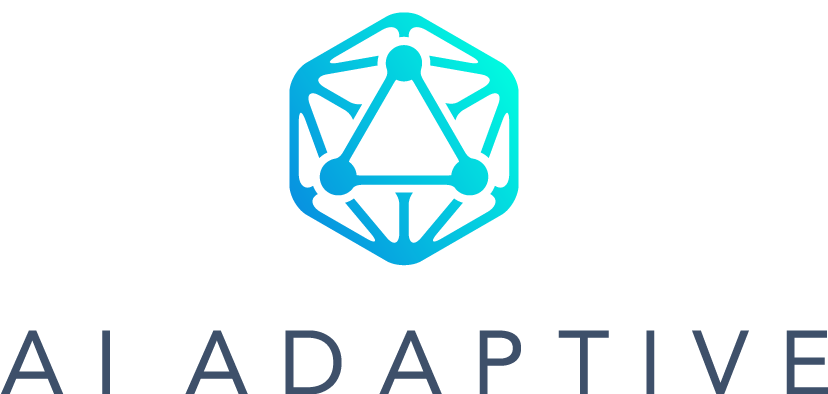In a rapidly evolving workplace shaped by AI and technological advances, Stephen King, Productivity Commissioner at Australia’s Productivity Commission, provides transformative insights on leadership and productivity. Speaking on the Humans and AI in the Workplace podcast with Dr Debra Panipucci and Leisa Hart, King emphasised how leaders can effectively integrate AI to maximise productivity while empowering their workforce.
AI’s Role in Productivity Growth
King frames AI as a “general-purpose technology,” akin to electricity or personal computers, which revolutionised industries. He underscores its transformative potential in service sectors, such as healthcare and education, where productivity growth has traditionally lagged. By automating routine tasks, AI liberates human capacity for higher-value work, fostering innovation and improving job satisfaction.
For instance, AI applications in healthcare could save workers an average of 11 hours per week by automating paperwork, allowing professionals to focus on patient care—a critical step in addressing labour shortages. Leaders are encouraged to identify “the boring stuff” that consumes employee time and strategically deploy AI to handle these tasks.
Fostering a Culture of Experimentation
King advocates for creating an environment where employees feel safe to experiment with AI. Leaders should emphasize outcomes over rigid processes, enabling teams to explore new ways of working without fear of judgment. “Give your staff the freedom to experiment,” King advises, “but ensure there are guardrails.” These guardrails balance innovation with ethical considerations, particularly in sectors like healthcare, where lives are at stake.
At the Productivity Commission, for example, AI has been deployed to streamline the review of thousands of pages of submissions. This not only reduces manual labour but also enhances the precision and speed of research.
Building Inclusive Leadership
Leadership in the AI era requires inclusivity across diverse generational and skill levels. King challenges stereotypes, pointing out that older employees often embrace technology when it aligns with their goals, such as achieving better outcomes or leaving a meaningful legacy. Simultaneously, younger workers entering the workforce with high expectations for automation must be integrated thoughtfully into existing structures.
Effective leaders tap into the collective knowledge of their teams, fostering trust and collaboration. “The best ideas come from the individuals in those roles,” King notes. Leadership is about providing an environment where these ideas flourish, ensuring that employees feel valued and integral to the transition process.
Strategic AI Adoption: Lessons for Leaders
King cautions against rushed AI implementations driven by fear or misplaced expectations. He emphasizes the importance of co-investment in systems and processes that complement AI. Leaders should focus on:
- Strategic Analysis: Identify which tasks to automate and how AI aligns with long-term goals.
- Human-AI Collaboration: Recognise that the combination of human expertise and AI yields the best results, as seen in radiology and call centres.
- Ethical Guardrails: Establish clear policies to navigate risks without stifling innovation.
Opportunities and Watch-Outs
AI presents unparalleled opportunities to improve worker satisfaction, customer experiences, and overall productivity. However, poorly designed regulations or resistance to change can hinder progress. King warns of reactionary policies that might “kill the benefits before they can be created.”
Leaders are encouraged to actively participate in shaping the broader societal conversation about AI, sharing success stories to counter fear-driven narratives.
Conclusion
Stephen King’s insights provide a roadmap for leaders navigating the intersection of technology and human potential. By focusing on collaboration, experimentation, and thoughtful adoption, leaders can harness AI not just to improve productivity but to enrich the human experience at work. The ultimate challenge is ensuring that these advancements benefit all stakeholders—employees, organizations, and society alike.
At AI Adaptive, we help leaders understand the impacts of intelligent technologies on their workforce, their culture and actions required for future workplaces.



